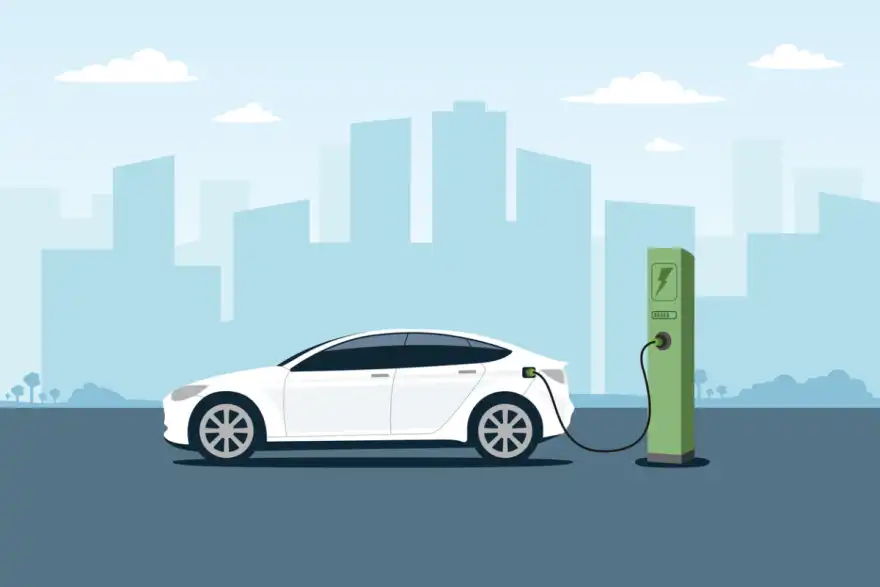
If you’re thinking about getting an electric vehicle or already have one, you might be wondering, "How much will EV tax be in 2025?"
One big reason people switched to EVs was the free road tax, but starting in April 2025, EVs won’t be exempt anymore.
From then on, EV owners will have to pay road tax, and if your car is expensive, there’s an extra luxury tax to consider.
How EV tax will work in 2025
The process of taxing an electric car will stay the same as it is now, but instead of it being free, you'll need to pay. You can choose to pay for six or 12 months upfront or set up a monthly Direct Debit.
The tax can still be done online, at a Post Office, or by phone. When you sell your EV, you’ll still transfer the tax to the new owner as usual—except they’ll have to pay for it. Some people, like those with disabilities, might still be exempt from paying tax, but we’ll have to wait for the UK government to confirm the final rules closer to 2025.
What EV tax will cost in 2025
Starting in April 2025, the standard road tax for electric cars will be:
- First year: £10
- From year two onwards: £190 a year (this may change before 2025)
- Luxury car tax: If your car costs over £40,000 new, you’ll pay an extra £410 per year for five years starting in the second year.
It’s always smart to check your specific car’s tax band when buying an EV, especially as prices and rates might change.
Changes to luxury car tax
EVs will now be hit with the £410 annual luxury tax if they originally cost more than £40,000. Before, this only applied to petrol, diesel, and hybrid cars. This tax applies from the second to the sixth year of registration.
Impact on EV drivers
These tax changes will make running an EV more expensive, especially if you choose a pricier model. But overall, EVs are still cheaper to run than petrol or diesel cars. Fuel prices have been pretty unpredictable in the UK recently. For example, in summer 2022, petrol prices hit 191.5p per litre, and even now, they’re still around 145p per litre. Filling up a Ford Focus, for instance, would cost about £75.
On the other hand, charging an EV costs around 24.5p per kWh, so charging a 60kWh battery costs about £15.
How to avoid the luxury tax
If you want to dodge the luxury car tax, stick to EVs that cost less than £40,000 brand new. For spacious options, check out models like the Kia e-Niro, Skoda Enyaq, BMW iX1, or IONIQ 5. If you’re after something smaller, consider the Mini Electric, smart fortwo, or VW ID.3.
Be careful when adding extras though—optional upgrades can push the price above £40,000, making you liable for the luxury tax. For example, the VW ID.3 starts at £35,700, but with the Pro S Match trim, it can exceed £40,000.
Popular EVs that will have to pay luxury tax
There are a few well-known EVs that will have to pay the luxury car tax starting in 2025. For example, the Porsche Taycan, Ford Mustang Mach-E, and BMW i4 and i5 all cost more than £40,000 when new.
How to save money with an EV
You can still save money with your EV by taking advantage of free charging points (like at some workplaces or supermarkets) while they last, or by switching to an EV-specific electricity tariff. Maintenance is also generally cheaper for EVs since they have fewer parts to service or repair.
Plus, many EVs come with long battery warranties, like the Nissan Leaf’s eight-year/100,000-mile warranty. EVs are also exempt from ULEZ charges until December 2025.
Explore electric cars
The new EV tax rules might be frustrating, but EVs will still be cheaper to run, better for the environment, and fun to drive. If you’re looking to get an EV before the changes kick in, take advantage of free road tax while you can! Even after 2025, driving electric will still save you money.




